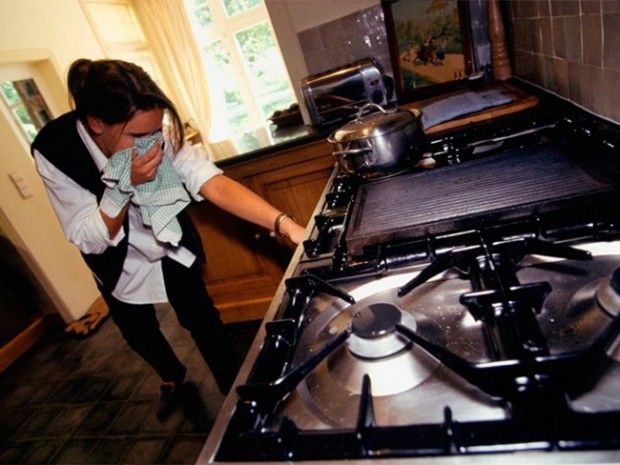Natural gas is widely used for kitchen stoves, water heaters, and other appliances. One of the safest and cleanest fossil fuels, natural gas is also eco-friendly: it emits a considerably lower amount of greenhouse gases than caused due to burning of coal or wood and it rather produces water vapor and carbon dioxide.
As it’s a highly combustible source of energy, a gas leak can pose the danger of fire or explosion for it spreads quickly and sets everything ablaze quite easily. Even a small electrical spark or fire source may ignite the combustion and lead to big, deadly hazards. Large leaks can be detected easily by smell but for smaller leaks, you have to be extra careful.
So you and your family need to be aware of gas leak signs and know the prevention methods. Let’s take a look at some here.
1. Degrading Health Due to Indoor Air Pollution
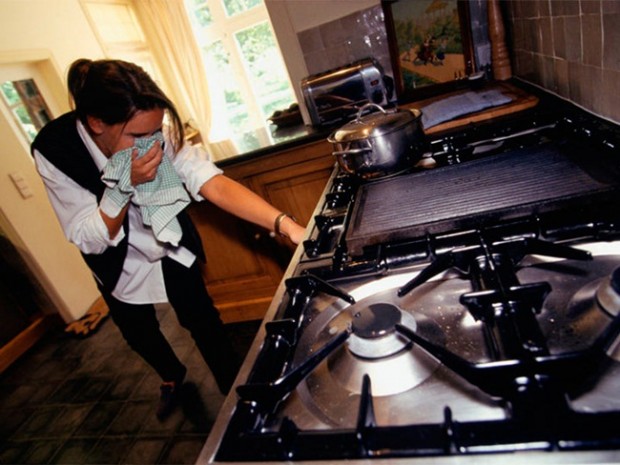
To identify small leaks, keep an eye on indoor air pollution which may make you sick gradually. Nausea, fatigue, memory loss, breathing problems, headache, dizziness, sinus pain, and more.
Similar to carbon dioxide leak, these symptoms should not be avoided and a professional must be called right away to inspect the gas leaks. It is recommended that you carry out an inspection every 6 months in order to identify and prevent gas leaks.
2. Dead or Discolored Plants
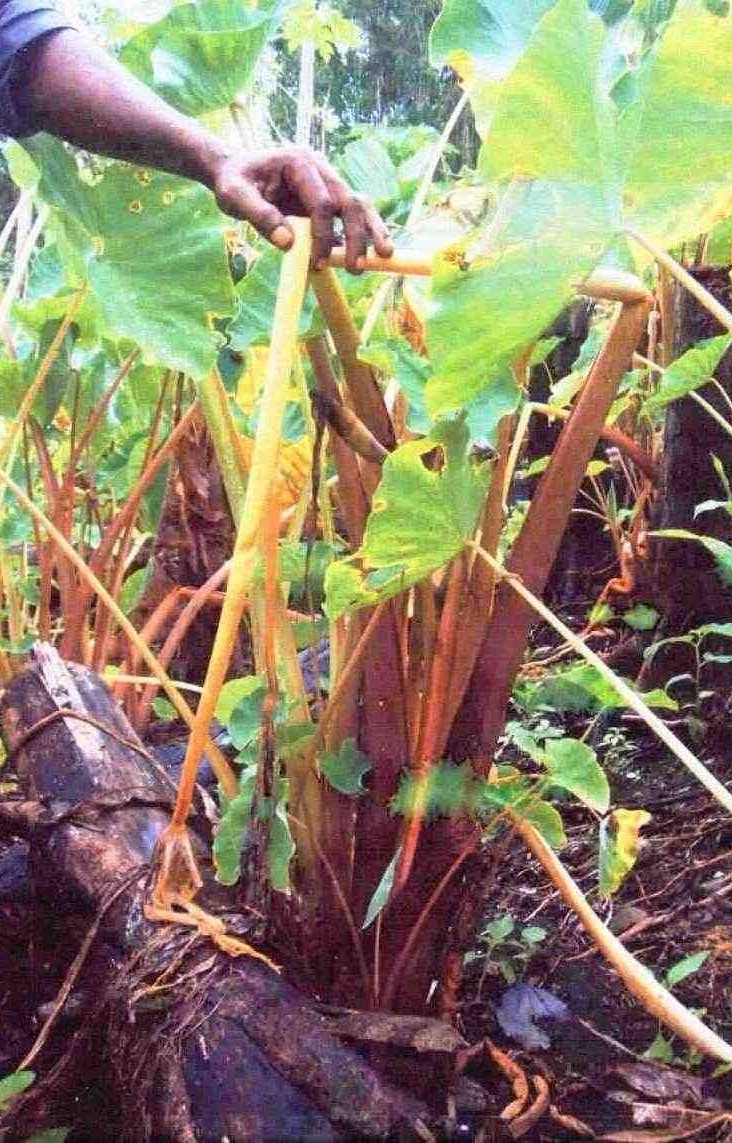
If you notice discoloration or the dying of plants, a gas leak could be a reason. The vegetation tends to become sick and starts dying off as a natural gas leak blocks a flower's source of oxygen and they witness a color change after coming into contact with natural gas.
3. Hissing Sound
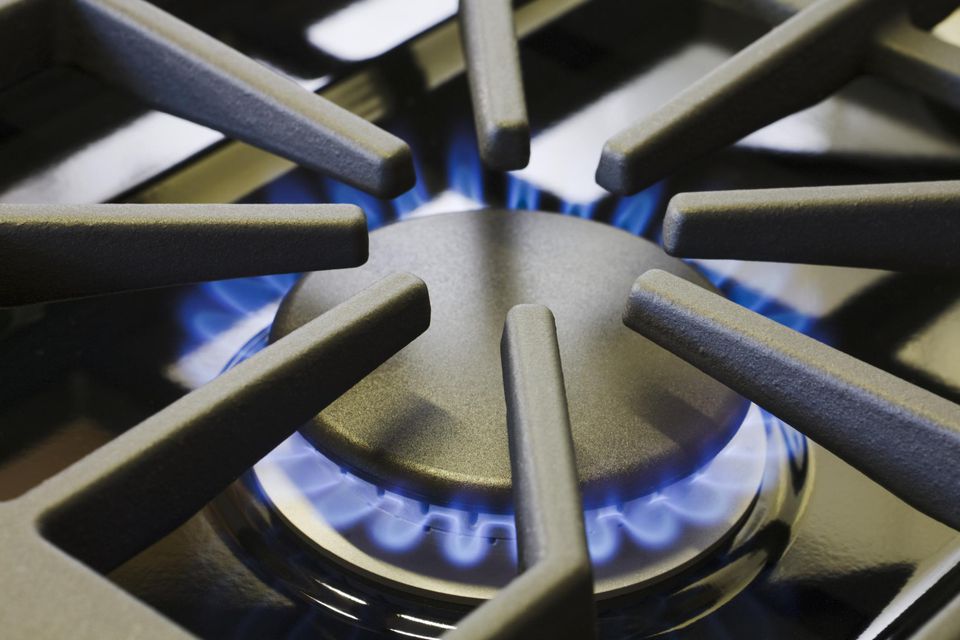
When you hear some kind of hissing sound near your gas lines, there’s a chance of a gas leak. And such sound usually is an indicator of a major leak.
And if you happen to hear a hissing sound near your AC, then you might be having a leaking refrigerant line, a leaking valve, or a bad compressor. It’s advisable to turn your system off and seek a professional’s help.
4. Putrid Smell
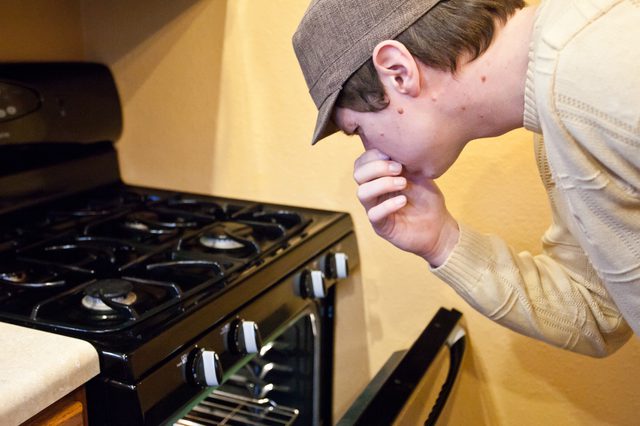
The natural gas comes with an odor additive ‘mercaptan’ so that it can easily be identified upon leakage. This distinctive smell resembles that of rotten eggs, sewage, or sulfur.
5. Small Bubbles
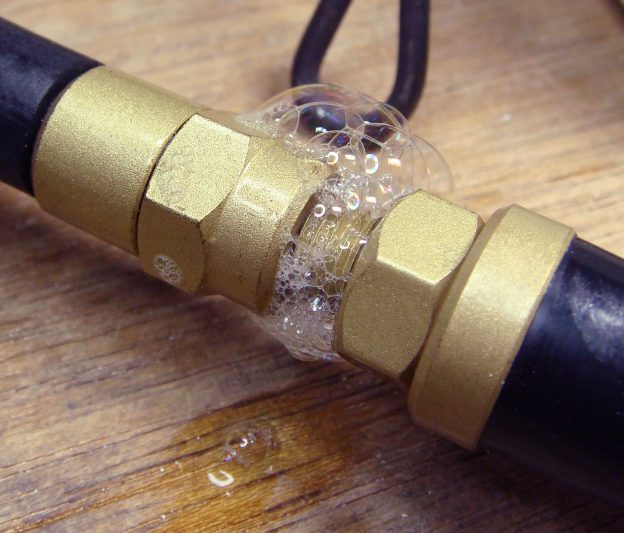
A quicker way of telling whether you have a gas leak or not is by performing the bubble test. Begin by mixing a small amount of dish soap into a big water container. Just make sure that the gas is kept on. Now, wipe down the suspected area with a cloth or sponge. Do you see the formation of bubbles? If you do, then there’s a gas leak! Also, bubbles’ formation in wet areas indicates an underground gas leak.
6. White Mist or Fog
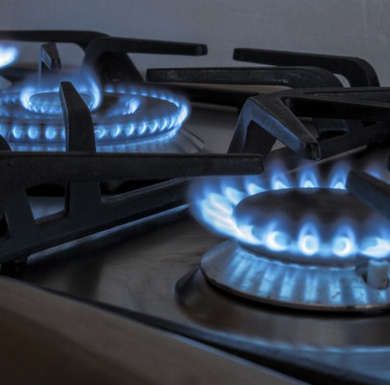
If you notice a strange cloud of mist or fog surrounding your home, it might indicate a ruptured gas line and that it’s time to give a call to the gas company professional.
7. Flame or Fire Appearing to Burn Above the Ground
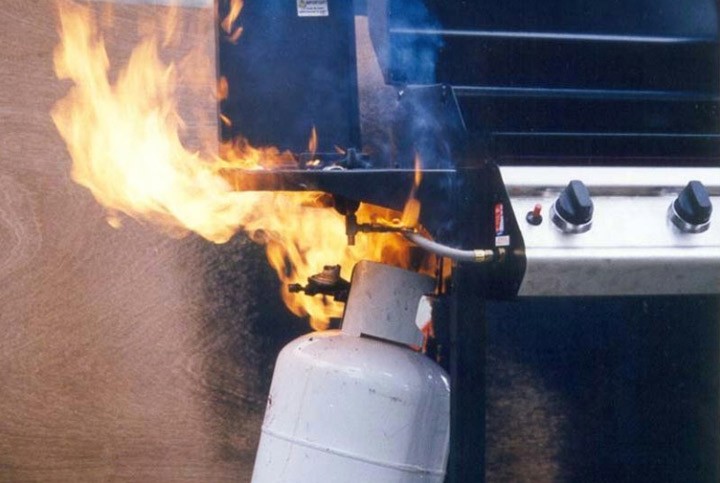
Have you noticed fire coming from the ground or flame appearing to burn above the ground? It might be a sign of a gas leak. Call the professional to fix the leak.
Here’s what to do when you detect the gas leak and prevent aggravation of problem:
- Open all the windows and doors and leave the area right away. Do NOT try turning off the gas as it might cause a spark or damage pipes and appliances.
- Do NOT use lighters, matches, or any electrical appliances. NOT even your car as even a small spark can lead to a big explosion.
- Evacuate everyone from the area and contact your local gas company or your local fire department.
- If the gas has been turned off, do NOT turn it on by yourself.
